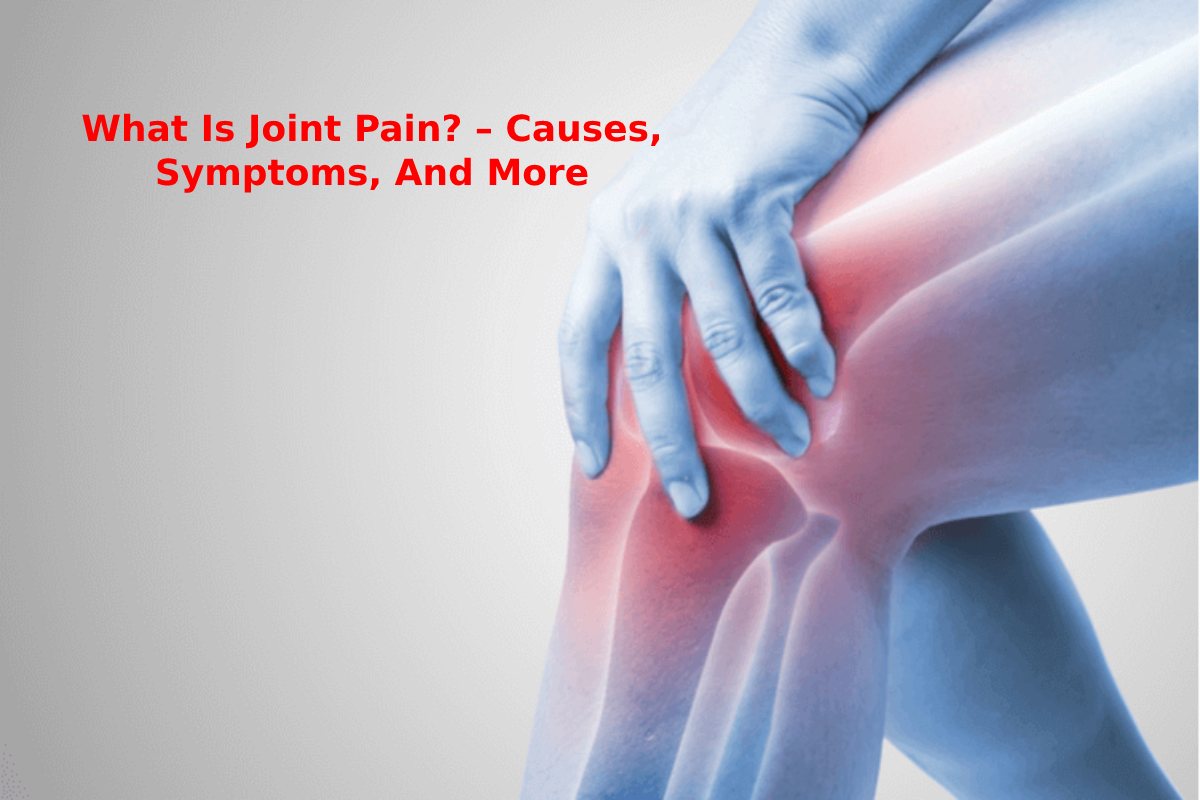Table of Contents
Joint Pain Introduction
Joint pain, also called arthralgia which, is just a symptom but not any disease or disorder while the pain that cause is the disease. This symptom occurs daily and makes people feel difficulty in thrir lifestyle. The joint pain will occur in shoulders, wrists, and ankles, and shoulders may also cause cramps and pain, and this affects the quality of life to the one that suffers,
Disorders Cause Joint Pain Include
- fibromyalgia
- Arthritis
- infectious arthritis
- Lupus
- Becht’s disease
- Gout
- osteoarthritis
Prognosis Of The Disease
Every joint pain is different based on its cause. In the beginning, the pathology causing arthralgia is found. But you don’t need to worry. It can quickly treat the pain and the cause of pathology.
Symptoms of Joint Pain
Joint pain affects different body areas and causes pain in the wrists, fingers, knees, shoulders, etc. The pain is usually linked to stiffness, pain when touched, and even inflammation.
Joint pain can also cause inflammation of the joints and affect you in different ways. Understand by the example of osteoarthritis which is the joint cartilage and the tissue that protects the joint deteriorates. The regenerate capacity of cartilage is low and cause loss of cartilage.
Then without the cartilage the bones rub against each of them that will cause pains in joints, inflates and cause bone pain which will make you stiff and challenging to move. It will start suddenly and also develop and get worse.
Some Common Symptoms Of Joint Pain Are:
- burning sensation
- itching
- Numbness
- Pain
- redness
- Swelling
- Difficulty performing the movement
- reduced mobility
- Rigidity
- tingling
In turn, the patient suffering from it should go to the specialist immediately in the event of suffering any of the following symptoms, since it will be a serious condition:
- bleeding
- bone protruding from the skin
- Fever not associated with influenza
- Severe pain
- Development of joint deformity
Tests For Joint Pain
If the patient presents fever, sore throat, fatigue or extreme tiredness, malaise, inflammation. The patient will have to go to an appropriate health center to help alleviate the above symptoms.
The state of health of the affected person will be assessed with a complete physical examination.
Some tests that may be Performed are:
- Synovial fluid analysis
- Blood test
- Erythrocyte sedimentation rate (ESR) and also, C-REACTIVE protein levels
- x-rays
- skin biopsies
- Urine analysis
- CT or MRI
- echocardiograms
Causes Of Joint Pain
In many cases, the cause of the pain can be joint, acute arthritis, or arthritis. Furthermore, it can be because of diseases or cases like chondromalacia patella, injuries, infections, osteoarthritis, osteomyelitis, tendonitis, rheumatoid arthritis, lupus, and bursitis.
Can Joint Pain Be Prevented?
The most pleasing way to avoid it is by regularly practicing physical exercise, favoring joint mobility while strengthening the muscles.
In return, we maintain a balanced diet with the right amount of calcium, strengthening our bones. And it is also advising and reminding us to avoid alcohol or tobacco.
Treatments For Joint Pain

All though, treatment treats the disorder causing the pain. For instance, which suppresses the immune system is a patient with lupus who needs the drug, while they can have an infection in an STD joint that requires antibiotics to treat.
As a common rule, it can alleviate the symptoms before getting to know the proper diagnosis, for instance, with anti-inflammatories.
The most common treatment includes:
- All though, steroidal anti-inflammatory drugs
- corticosteroid injections
- Antibiotics and surgical drainage in case of infection
- Physiotherapy
All though, sometimes immobilizing the joint with a splint or sling can relieve pain. The application of heat and cold also serve to help the pain caused by inflammation.
What Specialist Treats Pain?
The specialists in charge of treating [joint pain] are Rheumatology and also, the Pain Unit. However, sometimes it can also be treated by a specialist in Internal Medicine and Physical Rehabilitators.
Also Read: What Is Physical Rehabilitation? – Introduction, Types, And More

